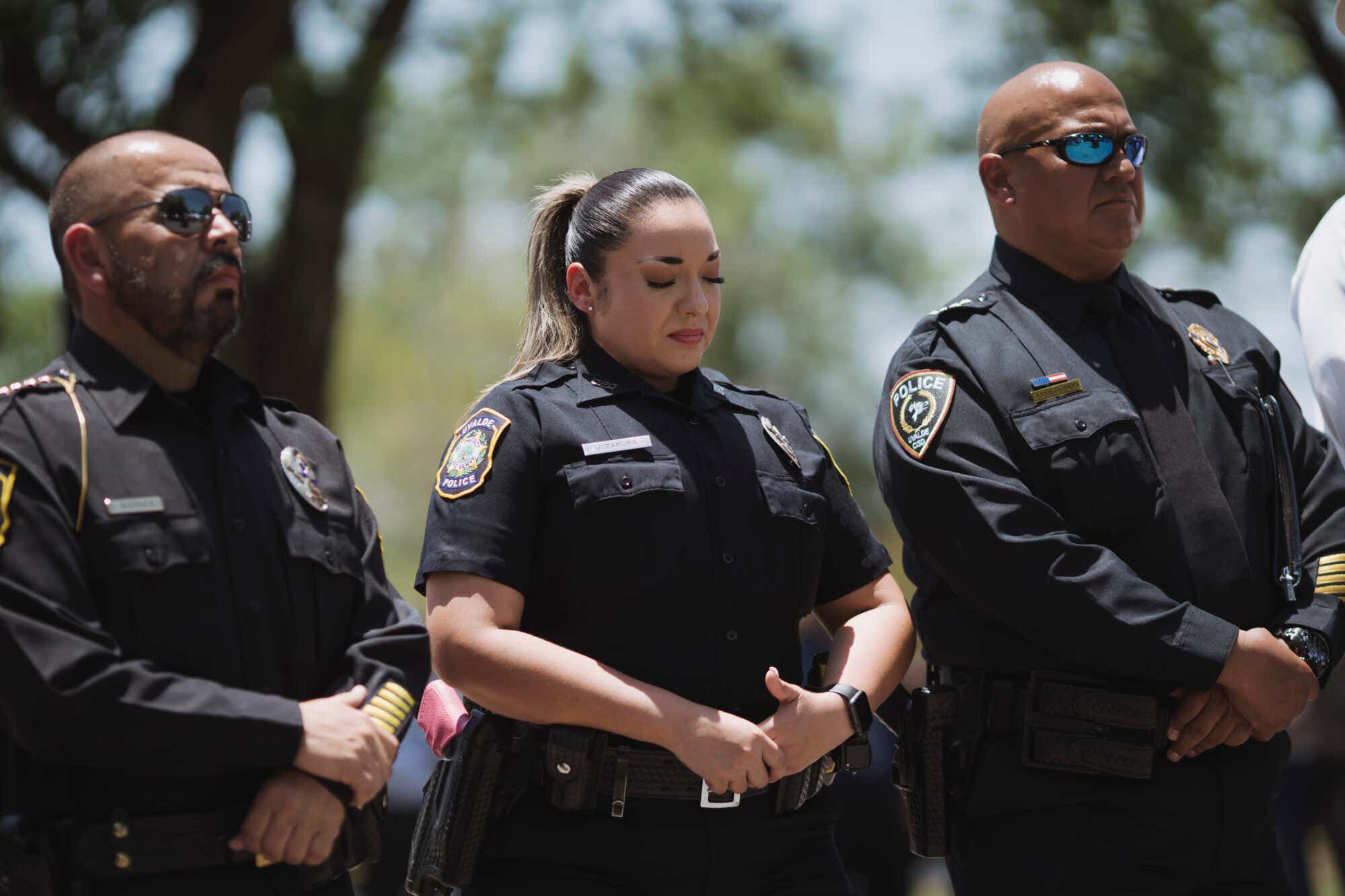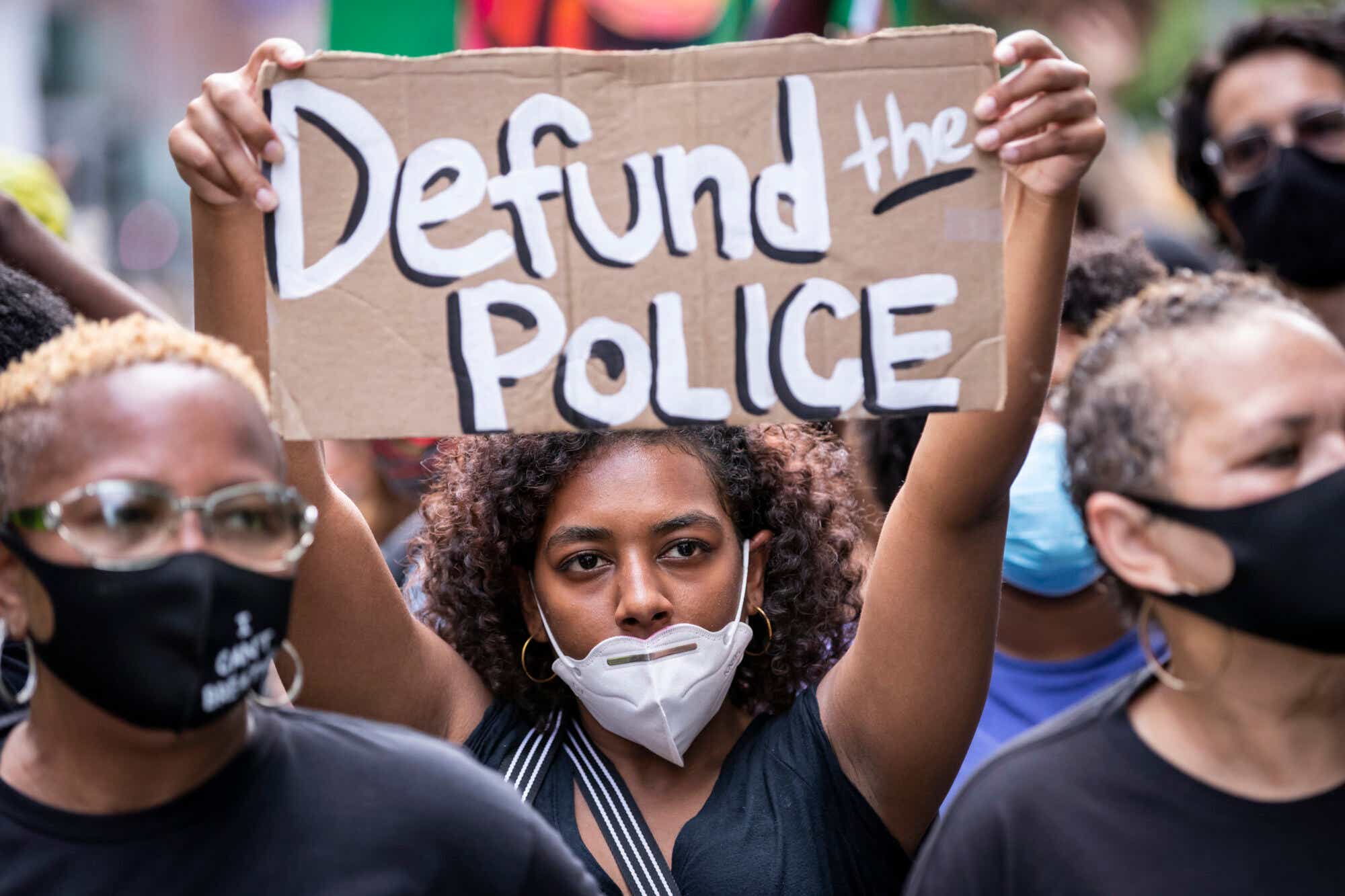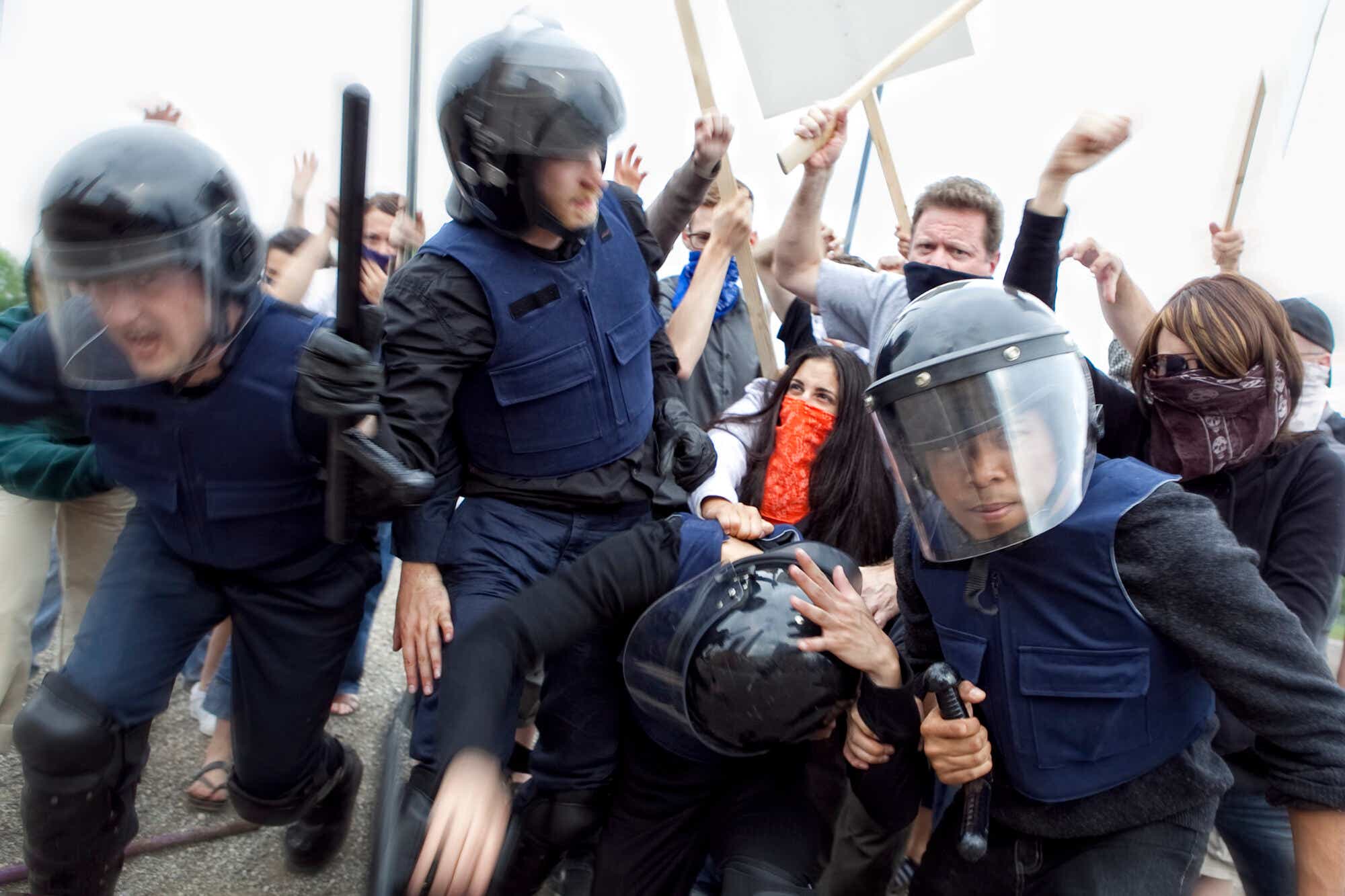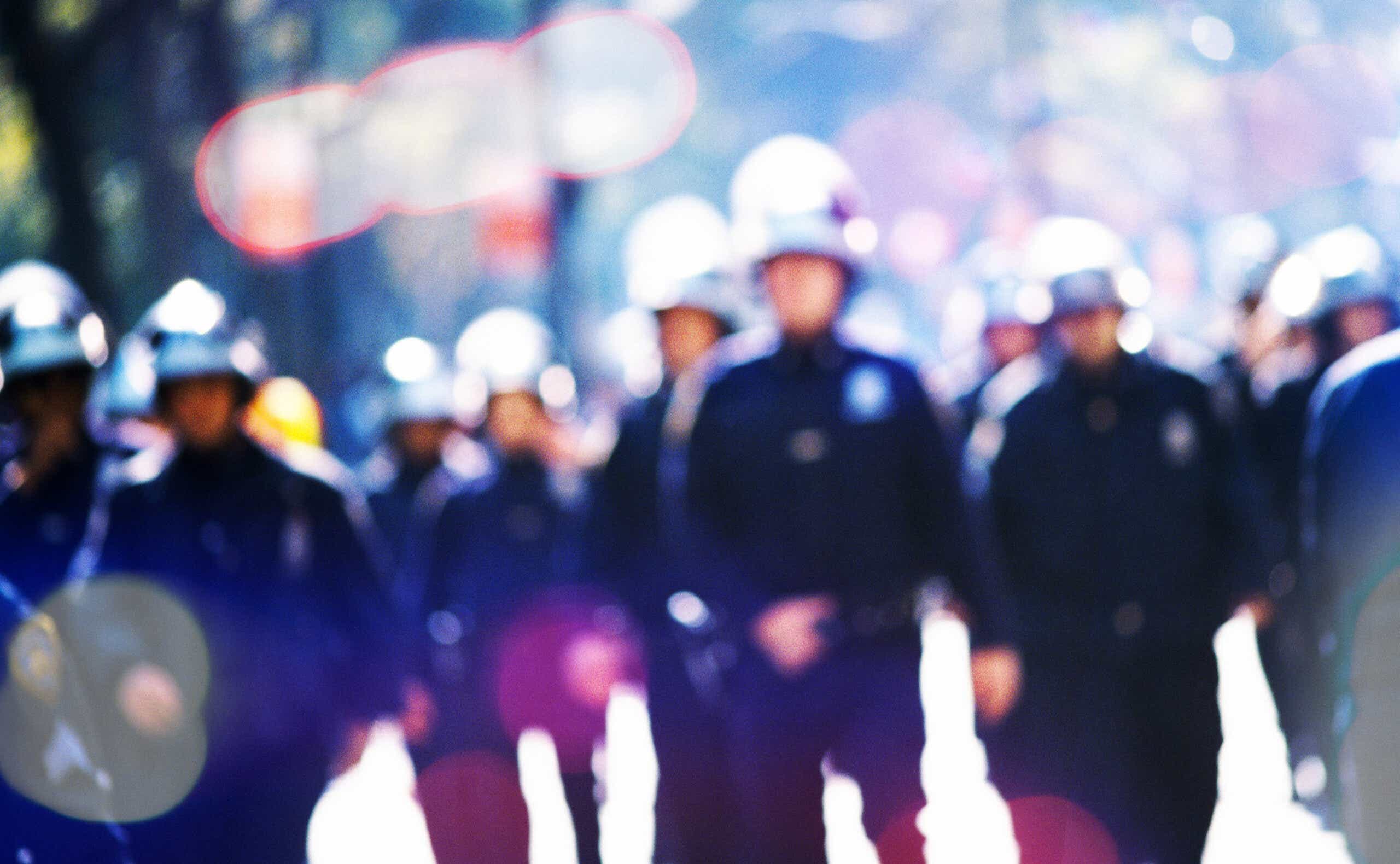Policing in America has always been a controversial topic, but over the last several years, the argument that the system is broken has gotten stronger. Depending on where you live or what you believe, this notion might be considered a “hot take” — or even outright blasphemy. But numbers don’t lie, and the numbers continue to show that everyone, civilians and officers alike, are increasingly unhappy with how policing functions in society.
We’ve witnessed the bare truth of this crisis again and again over the years, but it was most recently on display in the horrific incident of police brutality in Memphis, Tennessee, which left a young Black man named Tyre Nichols dead.
Consider these facts:
The night Nichols died, he was pulled over for a routine traffic stop. When officers encountered him, he didn’t have a weapon, nor was he in the midst of a mental health crisis. In other words, he posed no risk whatsoever to the Memphis police. He was killed anyway.
As for the police officers who encountered Nichols, every last one of them was wearing a body camera throughout the entire interaction (and subsequent beating). Nichols died anyway.
Where do we go from here?
To get to the answers to this critical question, we spoke with two experts on opposite sides of the policing conversation.
Dan Keashen is the director of public affairs for the police department in Camden, New Jersey, which was disbanded in 2012, then subsequently rebuilt in the name of a much-needed transformation of policy and culture. This process entailed the firing of hundreds of police officers, the establishment of new procedures and trainings, and more, all of which have led to a 95 percent reduction of civilian complaints against Camden’s cops about “excessive use of force” since 2014. Now, the Camden police force sits squarely at the center of conversations over police transformation — for better and for worse.
Hiram Rivera is a longtime community organizer and the executive director at Community Resource Hub for Safety & Accountability, which aims to “ensure all people have access to resources and tools to advocate for systems change and accountability in law enforcement.”
Here’s what they both have to say.
Katie Couric Media: Do police officers need to be armed in order to conduct a routine traffic stop?
Keashen: Yes, they do need to be armed. Officers should be carrying both lethal and nonlethal tools to suppress a violent criminal if they have to. With that said, the use of force should always be a method of last resort in any and all situations.

Nevertheless, this raises another question: Should we be facilitating traffic stops, and providing traffic tickets, to residents in communities [like Camden] with more than 30 percent of the population living under the poverty line? This can start a toxic and unnecessary tumble into the criminal justice system [when we give low-income individuals more debts to pay], which can have a long-range impact on someone’s life. With that said, many of these routine traffic stops are made to raise revenue. Based on that, we need to have a serious conversation about why officers are pulling members of our community over.
Rivera: I think [more and more cities] are going to start taking police officers out of traffic stops entirely. In the city of Philadelphia, where I live, they’ve implemented something like that: They significantly restricted the number of instances in which police can legally now stop a vehicle.
The problem with this is that the police will always find a way [to pull over a vehicle]. They can say, “Well, we saw this person do XYZ. We saw them smoke something.” And once you get to the court, it’s the cop’s word versus the citizen’s.
For years, body camera footage has been lauded as the solution to holding police officers accountable for their behavior — but is it actually working the way it was promised?
Keashen: I think body-worn camera (BWC) footage is invaluable for 21st-century policing, but the guidelines have to be written in an effective way. BWC is not a panacea for accountability, and this is where we need to talk about the importance of culture because as we saw in the tragedy in Memphis, those officers didn’t seem to be concerned that they were on camera. With that said, the footage did provide invaluable evidence for their prosecution.
Generally, BWC footage is only useful in the broader context of the people who use it. For example, if [what happened in Memphis had instead happened in Camden, with our police officers], those officers wouldn’t have left the station until their body-worn cameras were reviewed that same night. Then, that footage would have been sent directly to the county prosecutor for criminality. All of this would’ve happened within the same day. Then, I would imagine, terminations would’ve taken place immediately.
Rivera: In the last few years, the police have broken records, both in how much money they’re receiving across the board and also in how many people they’re killing. Body camera footage hasn’t stopped that. What we see most often is that officers either turn them off or the release of that footage is nearly impossible to achieve, outside of a mass uprising [like we’ve seen in the cases of Nichols and George Floyd].

Body cameras don’t deter violence. None of those surveillance reforms have ever stopped violence. In 2023, police officers are killing more people than ever killed, and they’re doing it with more money and more equipment than they’ve ever had before. The only thing that will change that upward trend is a fundamental restructuring of the entire system.
How do you train police officers to operate under a system of justice and accountability, above all else?
Keashen: I can’t speak for other departments, but our officers are trained to be guardians from the first day they step into the academy and throughout every shift of their time with our agency. Justice and accountability are the standards we set for our organization, and we try to reinforce these basic concepts every day through training and the culture of the department.
This effort started about a decade ago when we decided to transform the culture of Camden’s police department, and it’s more important than anything else we’ve done. You can write guidelines all day long and create all kinds of checks and balances, and sometimes they work — but at the end of the day, culture eats policy for lunch every day of the week.
Of course, humans by nature are flawed, and you’re never going to have a perfect product. But ultimately, we’ve been able to wrap the culture of this organization in our mantra, which is as simple as this: protecting the sanctity of life. And that’s not just about officers going home [at the end of the day] — it’s about everybody going home. It’s ensuring that the suspect, the witnesses, everybody can safely return to their homes at the end of the day without any use of force or bodily injury.

Rivera: The police were not created to provide justice and accountability. They are not in the justice and accountability business. The police don’t stop crime, either. They show up after a crime has already been committed. Their job is to go catch the perpetrators of activities that have been criminalized by society and by the state.
So what would have to change to create a governing system for the entire country that prioritizes justice and accountability? The answer to that goes beyond police reform. The answer to that looks like affordable homes and quality education. It looks like affordable health care and gainful employment. It looks like protecting the environment. That is what a just and accountable system would look like.
So then someone might ask, do we need police in that system? I would argue that you wouldn’t, because the police are here, currently, to manage the inequalities that emerge from capitalism.









